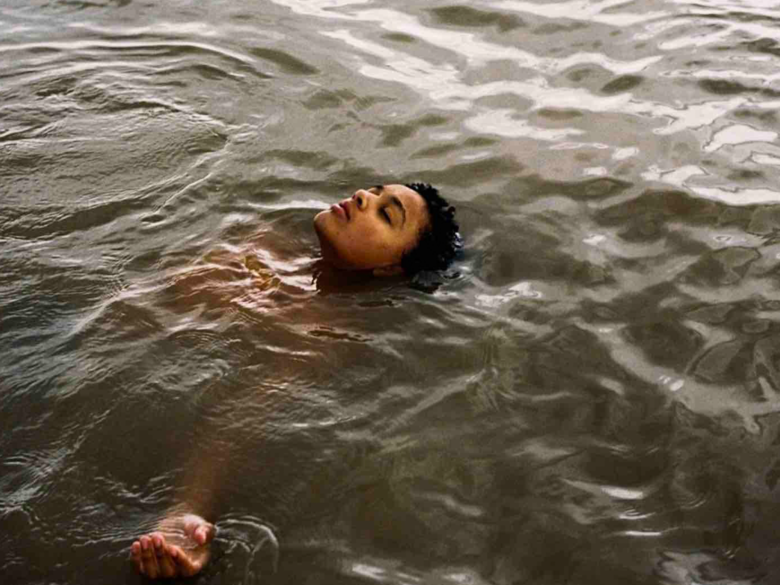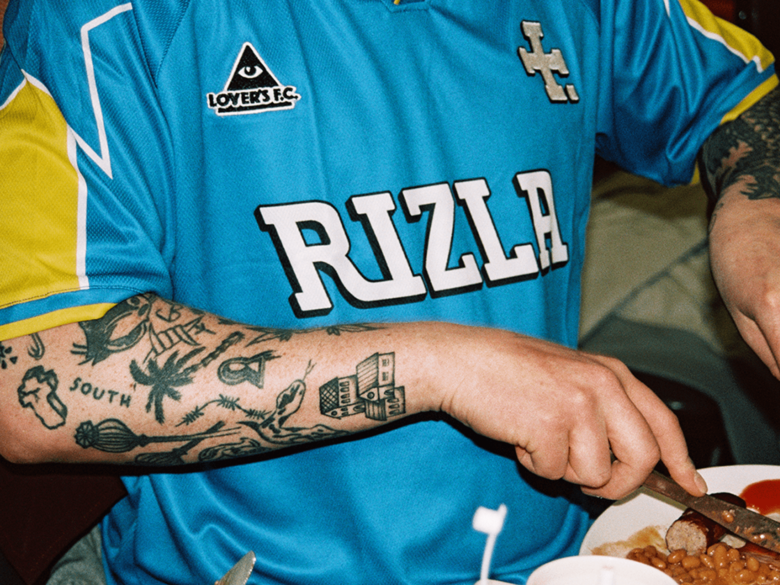Author JJ Bola on Decolonising Gender
In my Congolese culture, and across many cultures around the world, historically, gender fluid or transgender people were often held to an elevated status in society or were seen as higher spiritual beings, creative in the arts, song, and dance. In the pre-colonial Kingdom of Kongo, circa the 15th century, the concept of gender was illustrated through a popular creation story, which said that the original human was the perfect being that descended onto the Earth from the heavens, named Kimahungu, who was both feminine and masculine, both man and woman. It populated the Earth by multiplying itself and spreading around the world. Many of these theologies have been erased as a result of colonialism, which branded them as evil, pagan, or backwards. However, there are remnants of these ideas that still exist in modern Congo culture.
For instance, in Lingala, one of the four main languages spoken in DR Congo, the left hand is called Liboko ya mwasi, and the right hand is called Liboko ya mobali, meaning the woman’s hand, and the man’s hand, respectively. This is a symbolic representation of both the feminine and masculine in each person, as originally conceived in the Kimahungu myth of the Kongo people.
The reality for gender fluid, non-binary, or transgender people in modern society, however, is far from an elevated status. Rather, they face the risk of ridicule, exclusion, marginalisation, and often violence or death. Violence against transgender people is on the rise across the world. There were 369 reported murders of transgender people around the world [between 1 October 2017 and 30 September 30 2018], the majority of these happening in Brazil, as well as Mexico, the United States, and Colombia.
In the United States, the majority killed were trans women of colour or Native American trans women. Not to mention the fact that many transgender people experience violence and abuse that they do not report to the authorities – often out of fear of being further attacked or ridiculed by the authorities, where transphobia is often rife: this means that the number of attacks on transgender people is certainly higher than what we see reflected in statistics. In July 2017, President Trump tweeted that transgender individuals would not be allowed to serve in the military, while the Department of Justice has rolled back protections for transgender inmates that were put in place by President Obama.
The concept of gender and sexual fluidity can be a difficult reality to grasp within a world that imposes strict heteronormative gender binaries. I was raised in a religious background: Congolese culture is very religious, with Christianity dominating in the sub-Saharan region in particular. The notion of gender or sexual fluidity was taught to me as abhorrent or deviant from the way that the world was created or meant to be, long before I even developed a sexual orientation of my own; imagine being a five-year-old boy who is told that any boy who likes another boy will burn in hell forever – it is a terrifying thought.
When I eventually removed myself from what I was taught and began to read into spiritual and religious beliefs that existed before Christianity, or other Abrahamic faiths, and pre-colonial societies, I learned of just how normal and accepted gender and sexual fluid people were in more ancient societies, and how it is not something to be confused by. Often, people hold on to binary and rigid perceptions of gender and sexuality because it reinforces their heteronormative identity and their beliefs in the patriarchal hierarchy. They see gender and sexual fluidity as a threat to the norm, a threat to themselves.
This is an edited extract from Mask Off: Masculinity Redefined by JJ Bola, published by Pluto Press.

